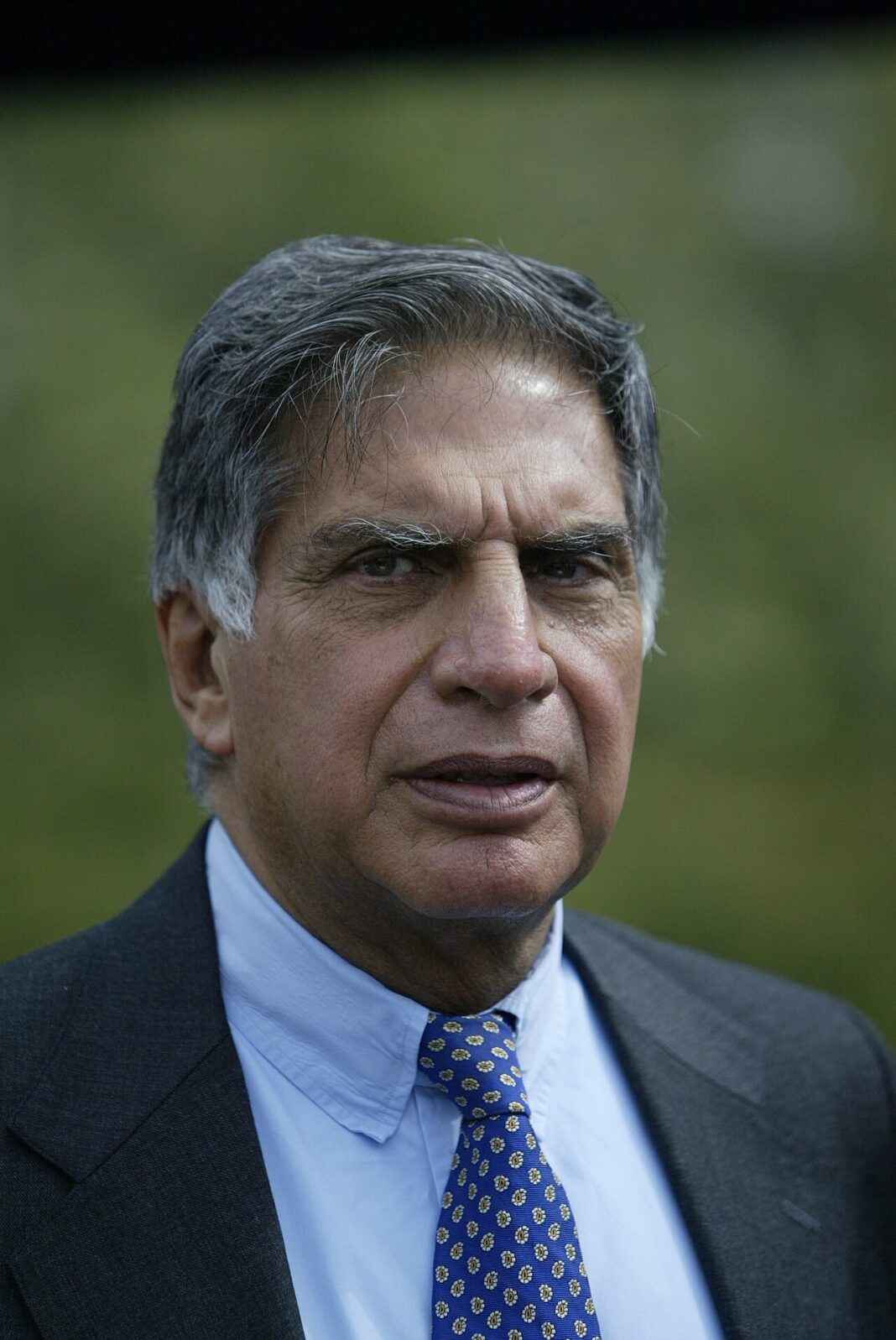Ratan Tata, born on December 28, 1937, was an Indian industrialist, philanthropist, and former chairman of Tata Sons. He passed away on October 9, 2024, at the age of 86, leaving behind a remarkable legacy as one of India’s most internationally recognized business leaders. Under his leadership, the Tata Group grew into one of India’s largest and most respected conglomerates, with annual revenues exceeding $100 billion.
Ratan Tata was the son of Naval Tata, who was adopted by Ratanji Tata, son of Jamshedji Tata, the founder of the Tata Group. This lineage provided Ratan with a unique perspective on business and philanthropy, as he inherited not only the family legacy but also a commitment to social responsibility. After completing his education in India, he graduated from Cornell University College of Architecture with a bachelor’s degree in architecture, which laid the foundation for his understanding of design, functionality, and sustainable development.
At the core of Ratan Tata’s life philosophy lies a profound understanding of happiness, which he shared in a candid interview that captivated many. In a telephonic interview, someone asked him, “Sir, when did you feel the happiest in your life?” His answer was both profound and reflective, revealing the stages of happiness he had experienced throughout his remarkable journey.
Tata said, “I’ve gone through four stages of happiness, and it’s only after experiencing these stages that I truly understood the meaning of happiness.”
The first stage, as he explained, was focused on accumulating wealth and assets. Like many others, he believed that financial success and owning more would bring him happiness. However, after reaching great heights of wealth, he realized that true happiness was not found in material possessions. The pursuit of money alone left him unsatisfied.
In the second stage, Tata indulged in purchasing expensive, luxurious items that he had always wanted. From rare collectibles to lavish goods, he acquired everything that seemed valuable in the world of wealth. Yet, to his surprise, the joy from these possessions was short-lived. The shine of these luxurious items dimmed quickly, and he soon realized that happiness derived from material goods was fleeting.
The third stage was about achieving monumental success in his professional life. Ratan Tata took on massive projects, including securing contracts to supply diesel to India and Africa and becoming the owner of Asia’s largest steel plant. But even after attaining these impressive achievements, the happiness he anticipated still didn’t arrive. The success felt hollow, missing the deeper fulfillment he was seeking.
It was during the fourth stage that Ratan Tata’s understanding of happiness took a transformational turn. A close friend asked him to donate wheelchairs for children with disabilities, which Tata graciously agreed to. However, his friend had a final request: he wanted Tata to personally visit and distribute the wheelchairs to the children.
Moved by the request, Tata went along to personally deliver the wheelchairs. As he handed them out, he saw an overwhelming joy on the faces of the children, who had never experienced such freedom before. They explored the world with their new wheelchairs, and their happiness was visible and contagious.
“For the first time,” Tata recalled, “I felt a kind of happiness that was pure and true. It wasn’t about me—it was about seeing the joy in these children’s lives.”
As the event concluded and Tata was about to leave, one young boy clung to his leg. Puzzled, Tata gently asked the child, “Is there something more you need?”
The boy’s reply left Tata speechless. With sincerity and innocence, the child said, “I want to remember your face so that when I meet you in heaven, I will recognize you and thank you once again.”
This moment changed Ratan Tata’s perspective on life and happiness forever. He realized that the deepest joy came not from wealth, luxury, or professional success but from giving to others and seeing the positive impact on their lives.
Ratan Tata’s life lesson is a powerful reminder that true happiness is found in acts of kindness and generosity. It’s the joy we create in others and the gratitude we receive in return that leads to the most profound fulfillment.
His story resonates with many, encouraging us to look beyond our material pursuits and find deeper meaning in our lives. As he continued to engage in philanthropic efforts, Ratan Tata exemplified that true wealth lies in our ability to uplift others and share moments of genuine joy.
After his passing, the current chairman of Tata Sons released a statement honoring Ratan Tata’s remarkable contributions, describing him as a “truly uncommon leader.” His enduring impact on India’s business landscape and his compassionate approach to leadership have left an indelible mark.
Ratan Tata remains an enduring symbol of hope and inspiration, teaching us that the real measure of success is not what we have, but what we give. His journey invites everyone to reflect on their paths to happiness and consider the impact they can make on the lives of others. In a world often obsessed with wealth and status, Ratan Tata reminds us that the simplest acts of kindness can lead to the greatest happiness. His legacy will continue to inspire generations to come, embodying the belief that true fulfillment comes from serving others and making a difference in the world.
As we reflect on the life of Ratan Tata, we celebrate a man who not only transformed an empire but also enriched countless lives through his compassion and vision. His journey from a wealthy industrialist to a beloved philanthropist teaches us that happiness is best measured by the smiles we bring to others.
A global media for the latest news, entertainment, music fashion, and more.





